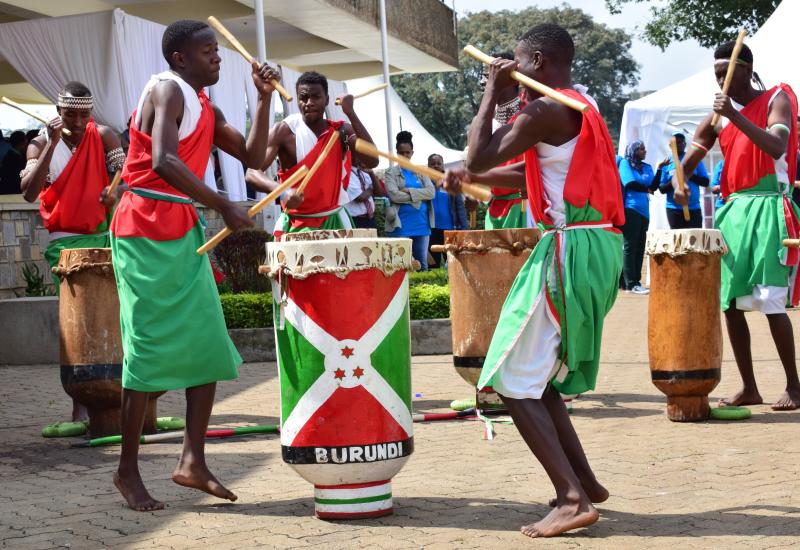×
The Standard e-Paper
Join Thousands Daily

If the world was a perfect place, Museveni Rugambwa would now be somewhere in Kinshasa in the Democratic Republic of Congo (DRC).
He visualises himself with a newly-earned degree from the University of Goma and perhaps working or searching for a job.